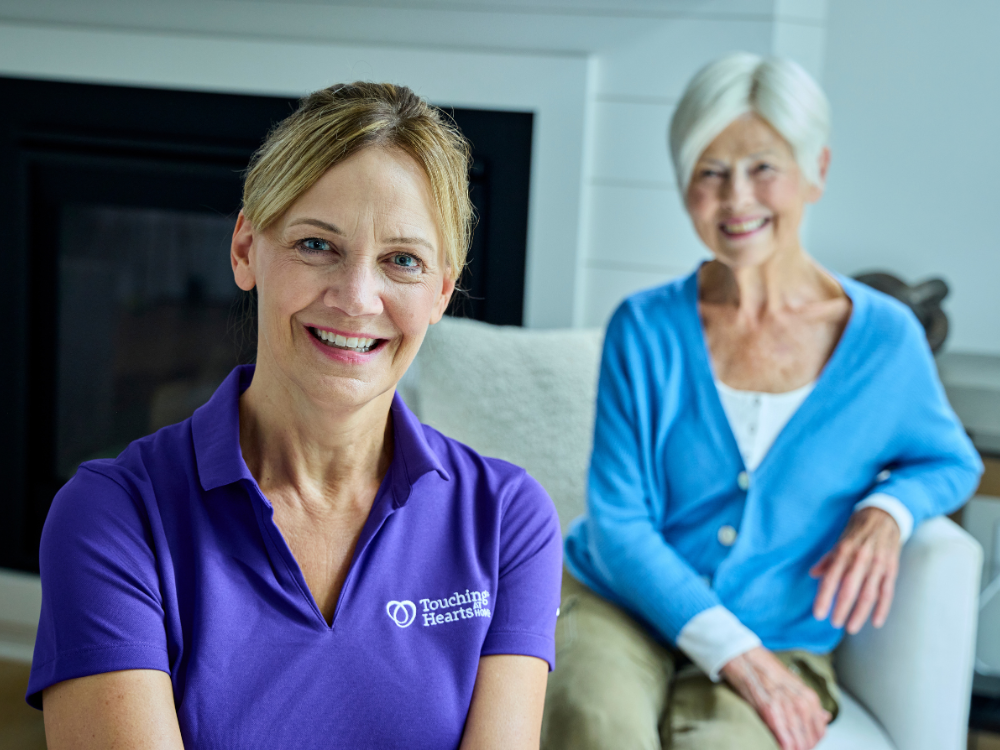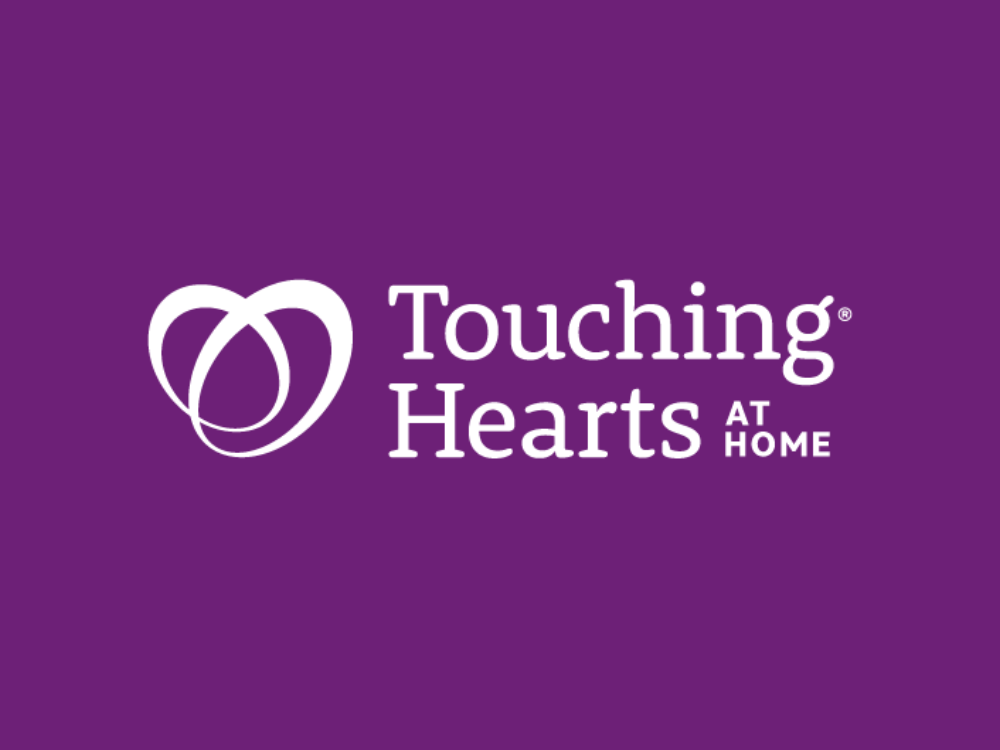The Benefits of In-Home Care for Seniors
Home care typically refers to non-medical services that assist individuals with activities of daily living. Home care is an increasingly popular choice for care because it enables individuals to remain in their own environments, and can also be a lifesaver for caregivers.
For example, simple tasks such as housekeeping, shopping, meal preparation, opening a jar, or driving to appointments can become increasingly difficult for many older adults. Personal tasks such as bathing, dressing, grooming, toileting and even transferring from the bed to a chair can became unmanageable alone. Many types of individuals, including those who are trained and supervised by agencies, provide such services. In general, home care providers are available 24 hours a day, seven days a week. They may work by themselves or as a team on a shift, part-time, hourly, live-in, or on an as-needed basis.
While some home care agencies provide health-oriented services, it is important to understand the difference between non-medical home care and home health care. Home health care is more specialized medical care, such as that provided by nurses or physical and respiratory therapists. Care providers are trained medical, health care and psychiatric professionals, or certified nurses’ aides. Home health services are usually ordered by a physician and may be covered by insurance.
What types of services are available for seniors living at home?
- Homemaker Services – Can include help with cooking, light cleaning, laundry, grocery shopping, and other household chores.
- Personal Care – Assistance with a variety of daily living activities such as bathing, dressing, toilet use, grooming and eating.
- Companionship – From daily telephone calls from a “buddy,” to a daily “friendly” visitor, to round-the-clock paid companions.
- Home Health Care – Skilled care that can include nursing; speech, occupational, physical, or respiratory therapy; home health aides, and social work or psychiatric care.
- Adult Day Care – Daily, facility-based programs in a community center setting for seniors who need monitoring or companionship during the day.
- Activity Groups – Games, trips, shopping outings, and other stimulating group activities.
- Respite Care – A trained volunteer or para-professional stays with your loved one and takes over your caregiving role, whether for several hours or several days. These brief reprieves from a caregiving situation are healthy for the caregiver and also for the care recipient…a change of daily routine for both.
- Live-in Help – Home care best suited to long-distance caregiving or other situations in which the primary caregiver can’t be there in person and the senior needs round-the-clock support. Room, board and, in many cases, a salary, is provided in exchange for meal preparation, light housekeeping, and other non-medical services.
- Hospice Care – Medical, social, and emotional services for the terminally ill and their families.
- Support Groups – Support for issues about aging, peer companionship, illness-based support, groups for caregivers, grief support and many others to help seniors experiencing life changes or specific challenges.
When should I consider using home care services?
For many caregivers, there don’t seem to be enough hours in the day. It’s difficult to care for all of the needs of a family member and still have enough time and energy left for your own family, a job and yourself. Exhaustion and stress can become overwhelming.
Seniors who become home care recipients most often would rather stay in their own homes than move into residential care. And economically, except for round-the-clock nursing care, home care can be less expensive than most board and care homes, skilled nursing homes and assisted living facilities. However, this is not always the case, and prices should be compared.
If you or your loved one has the living space and financial resources, you might consider hiring a live-in care provider. This type of home care is very well suited for long distance caregiving situations in which the primary caregiver can’t be there in person and the elder needs full-time assistance or monitoring.
How do I know what types of home care I need?
In addition to consulting with your senior family member and any relevant medical or therapeutic professionals, consider a “needs assessment,” which can be conducted by a care manager or home care specialist—or you can do it yourself. A needs assessment helps to evaluate every aspect of care, including physical and cognitive functioning, and issues relating to the home environment. An assessment also asks about your needs as a caregiver and the services you use now to help provide care. It will help a person understand how extensive an informal support network that might already have in place.
How can I locate home care providers?
You can research and hire home care providers privately or go through a home care agency. To locate agencies or private providers, check with any or all of the following resources:
- Yellow Page listings for Senior Services, Home Care, Home Health Care and similar subject areas
- Area Agency on Aging (Call 1-800-677-1116 for the AAA in your area)
- Local community and senior organizations
- Religious affiliations including churches and synagogues
- Doctor or hospital referrals from your care recipient’s medical affiliations
- Agencies that select and supervise their own personnel, and are liable for any staff or care problems that arise.
- Friends and acquaintances. Referrals from people you know who have used an agency or individual for their relative are one of the best sources of trusted help.
As families and individuals throughout the country prepare for the impact of aging, it is essential to understand the effects of the aging process. Take time to investigate the care options in your area. A proactive approach will help you and your family best determine a course of action that can help you remain healthy and happy.



